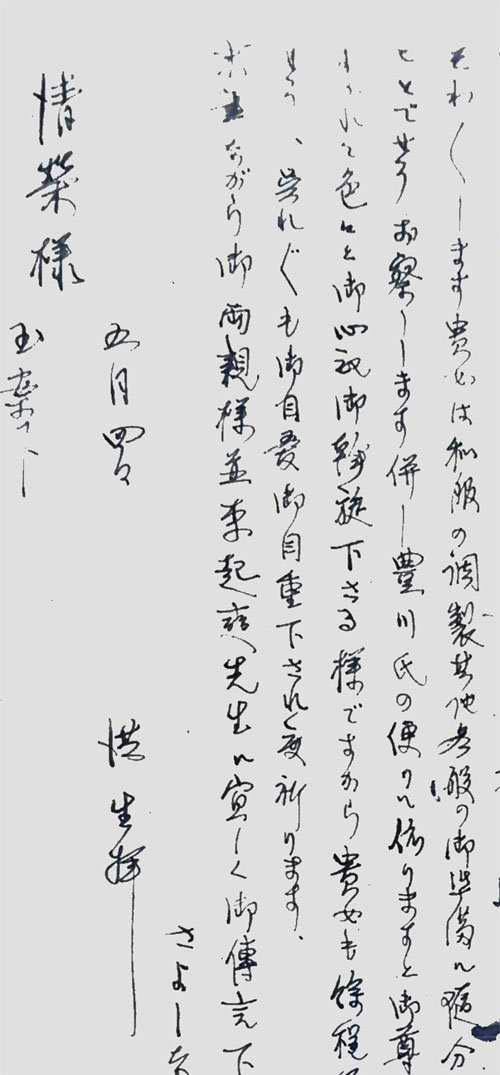Joseon Gen. Hong Sa-ik with desire for power
Joseon Gen. Hong Sa-ik with desire for power
Posted December. 28, 2018 07:30,
Updated December. 28, 2018 07:30

Gen. Hong Sa-ik came from a humble family, becoming the first-ever commoner of the Joseon Dynasty to graduate the Japanese Military Staff College. He moved up to be the position of lieutenant general in the Japanese Army. He refused to change his surname and revealed that he is Korean.
Whenever he was dispatched as commander, Hong made an inaugural speech in Japanese and Korean. However, he was executed in Manila, the Philippines, on charges of providing cause for illegal treatments, abuses and killings of Allied Forces prisoners. His handwriting shows his character as a competent and success-driven person.
His handwriting is characterized by an extruded head part of letters such as the Chinese letter “木,” tree. Depth psychology explains that he aspires to outcompete others in defiance of being normal. Politicians, leaders and large business owners show such characteristics. He sought for the public examination system in his childhood. However, as the exam system was abolished, he made his way to Seoul and had a chance to study in Japan. People in the same type as Hong are extroverted and self-assertive. Thus, they do not cooperate and are less likely to reach agreement via communication. Considering that spacing between letters is narrow, Hong Sa-ik must have been less communicative.
Hong completes one letter with one single stroke, showing that he excels in observing and analyzing things in structured manner. His strictly-straightened vertical lines show his competent task processing capabilities. Generally, servicemen write letters with clearly cut angles while Hong’s handwriting looks smooth overall. While attending the military school, he joined a literature student club. He once recalled his self-written poem in front of the Japanese Emperor. He was not greedy over any other fields except ambition for success. Given that he writes letters in small size, he is a frugal and economical figure. He was assessed to be loyal to the Empire of Japan as well as be a figure of greatness and integrity, making him succeed. However, his ambition for success led him to end up in misfortune.







